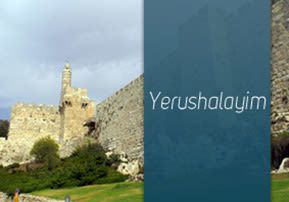
Yerushalayim and Obstacles to Holiness
Rebbe Nachman teaches one of the deepest ideas: The more important something is, and the more holy something is, the more obstacles there are in the way...

Compiled and edited by Ziv Ritchie
Everything in the world has a certain holiness. I walk on the street and I give a poor man a dollar, it is holy, right. I wake up in the morning and put on tefillin, it is holy. Whatever I do is holy, but it is only one certain side of holiness. But then there is something which has like the headquarters for holiness. Whatever is holy in the world is included there. And this is the Holy Land, this is what Eretz Yisrael [the Land of Israel] is all about. Eretz Yisrael is the klalius kol hakedushas [the Land of Israel is the inclusiveness of all the holiness]. People always say to me, “Why are you talking so much about Yerushalayim [Jerusalem]? Bombay is also holy, Amsterdam is holy. Every city has a certain holiness, because if it would be completely void of holiness, it would not exist. There might be bad things also, but there has to be something holy, otherwise they wouldn’t be.” Yeah, I am not knocking it. It is a little bit holy, but Eretz Yisrael is something else. Eretz Yisrael has the holiness of all the holiness. Meaning to say, imagine if you would take all of the holiness, whatever there is: all of the mitzvot, all the good deeds, all the cities, all the houses, and you would put it all in one pot. This is what Eretz Yisrael is all about.
The Beis Hamikdash is the Center of the World
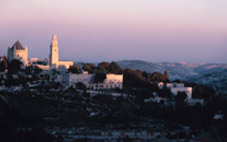 The world always thinks that since Eretz Yisrael is holy, so Yerushalayim is more holy because it is the capital, and the Beis Hamikdash [Holy Temple] is even more holy than Yerushalayim. It is the other way around; it is very clear in the Rambam and the great commentaries. The holiness begins with the Beis Hamikdash; this is the center of the world. The center of the world is the Holy Temple, and this is like kodesh kodoshim [holy of holies], and Yerushalayim is holy because it is close to the Beis Hamikdash, and Eretz Yisrael is holy because it is the land in which Yerushalayim is. So everything begins mamish in Yerushalayim, in the holy temple.
The world always thinks that since Eretz Yisrael is holy, so Yerushalayim is more holy because it is the capital, and the Beis Hamikdash [Holy Temple] is even more holy than Yerushalayim. It is the other way around; it is very clear in the Rambam and the great commentaries. The holiness begins with the Beis Hamikdash; this is the center of the world. The center of the world is the Holy Temple, and this is like kodesh kodoshim [holy of holies], and Yerushalayim is holy because it is close to the Beis Hamikdash, and Eretz Yisrael is holy because it is the land in which Yerushalayim is. So everything begins mamish in Yerushalayim, in the holy temple.
Meniot [obstacles]
You know, friends, if I decide to be a comedian, do you think anybody would say anything bad about it? It would be very easy. If I decide to do anything in the world that is stupid, there is nobody against me. Nobody says something against it. The moment I want to do something holy, there are obstacles, meniot. Rebbe Nachman teaches one of the deepest Torahs: The more important something is, and the more holy something is, the more obstacles there are in the way. Meaning to say, if you want to do something, and there are absolutely no obstacles, don’t waste your time, because obviously it is very very unimportant.
There is this famous classic story, that the heilege (holy) Reb Shalom Shachna, the father of the heilege Rizhener, without getting involved in the depths, you know, in Rizhen, mamish, they had a different way. The heilege Reb Shalom Shachna grew up in the house of Reb Nachum Chernobler, because nebuch his father passed away when he was three years old. When he was bar mitzvah, he already had a lot of Chassidim, all his age. And what do you understand about Rebbes, Rizhen is very majestic, everything has to be clean. But the streets of Chernobyl were full of mud, so one Shabbat he said, “You know, it is so bad for me, Shabbat morning I have to go to the shul [synagogue], and then my shoes and my pants get dirty from the mud. I want you to build me a shul right next to my house.” But they were all thirteen year old kids, they have no money. Most of them were married already, they had little shverele [in laws]. So word got around that they want to build their own shul. Like Young Israel youth minyan, you know, lehavdil [not to compare]. So they decided, “Why not?” So everybody gave them money. Do you know what they did? They mamish sold their tefillin, their tallit, and everybody had just one pair for the whole chevra [group of friends], and the whole city was helping them.
By Pesach time, they had just about finished the shul, and suddenly Reb Shalom Shachna says, “I don’t need the shul now because there is no more mud. Why do I need the shul? I can go to the big shul.” But they understood enough about the Rebbe to know that this was probably not the real reason.
They stopped building it and left it hanging in the air.
On Rosh Hashanah by davening, suddenly someone said, “Remember I gave you some money to build the shul. What happened to that money?” So the Yid answered, “Why, do you want to tell me that my son stole the money?” So he says, “No, I don’t want to say that he stole, but maybe he did.” Before you look around, the whole shul was mamish a fist fight, one says, “He stole it.” one says, “He didn’t steal it.” and the whole shul was turning over.
The next thing that happened was that Reb Shalom Shachna said, “OK, it is time to finish the shul.” And don’t ask, everybody was yelling and fighting like crazy.
On Simchat Torah, when the atmosphere was a bit more open, one of the kids said to Reb Shalom, “Rebbe, we don’t doubt your reason, I am sure you know what you are doing, but we can’t understand you. Before Pesach when everybody was helping us, and it was so good, you told us to stop, and now when everybody is fighting over it, you told us to continue to build it.”
He answered, “That’s what it is. Because I heard from my holy father, the heilege Malach, the ‘holy angel’ who heard from the Baal Shem Tov, who heard from Eliyahu Hanavi, that anything you do that there is no opposition, don’t do it. It is a waste of time.”
* * *
Excerpt from “Rebbe Nachman Says”, The Teachings of Rabbi Nachman of Breslev as Taught by Rabbi Shlomo Carlebach z”tl
Rabbi Shlomo Carlebach’s books are available online at the Breslev Israel Store.





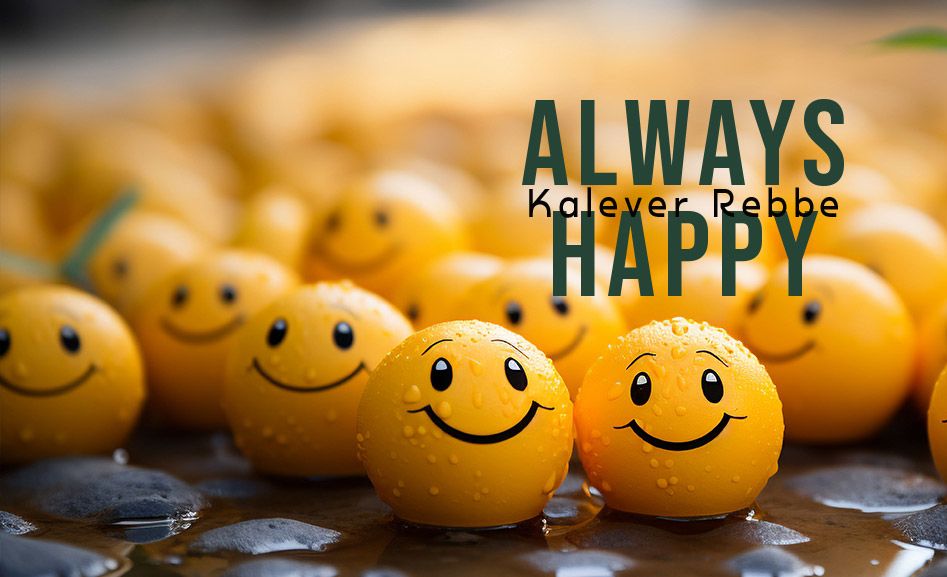
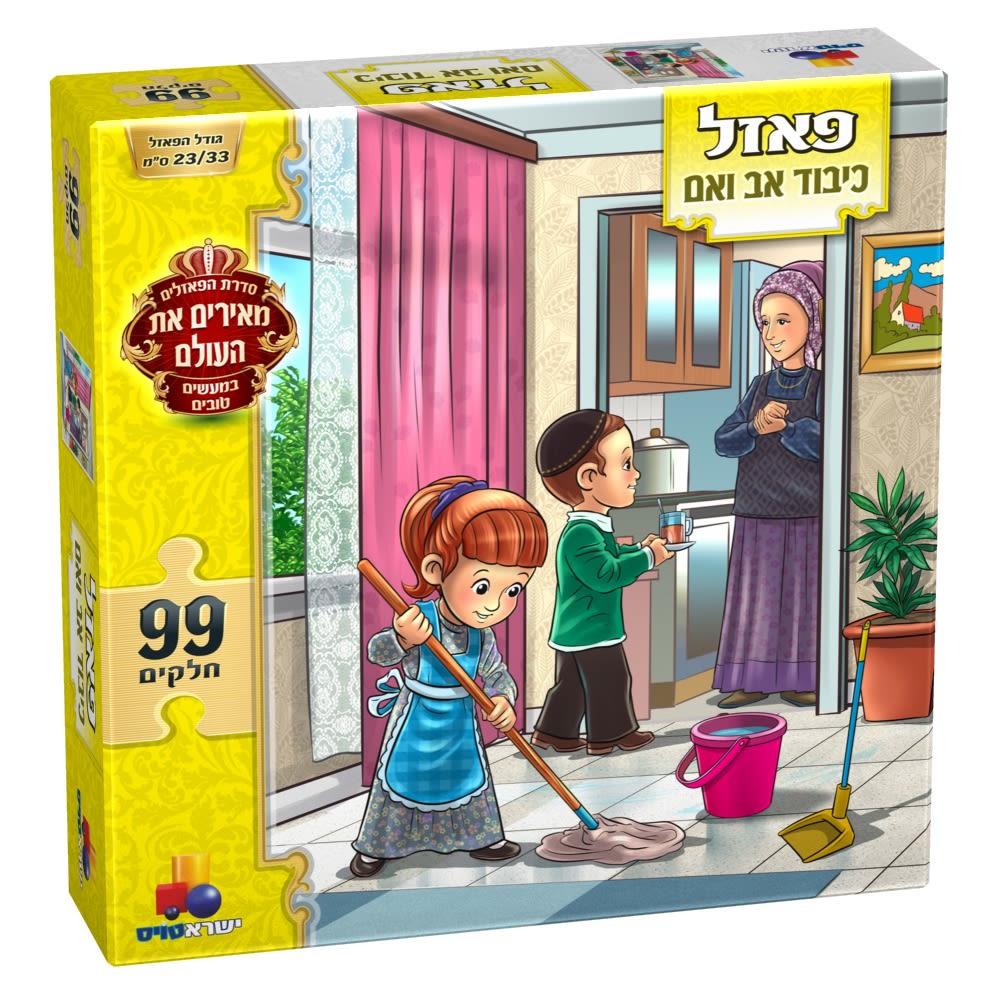
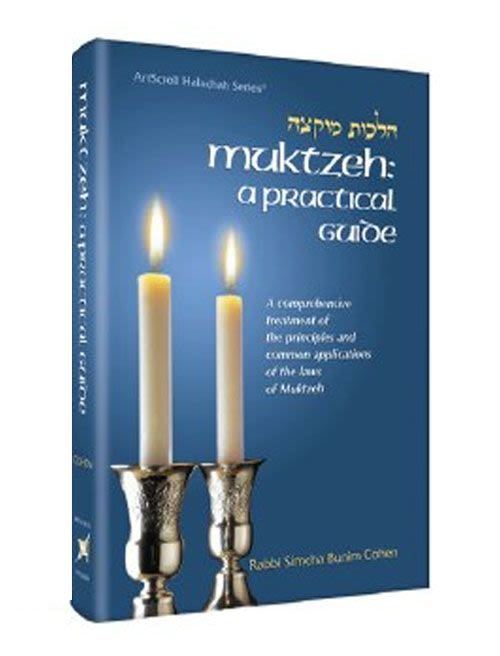
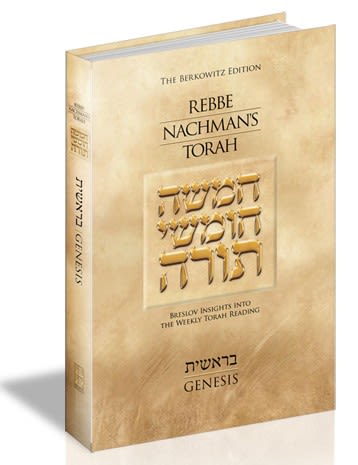

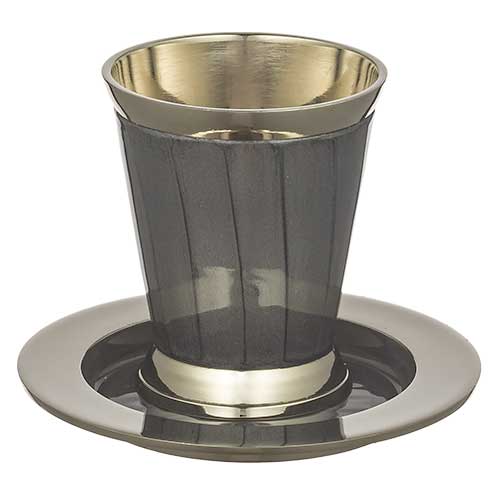
Tell us what you think!
Thank you for your comment!
It will be published after approval by the Editor.